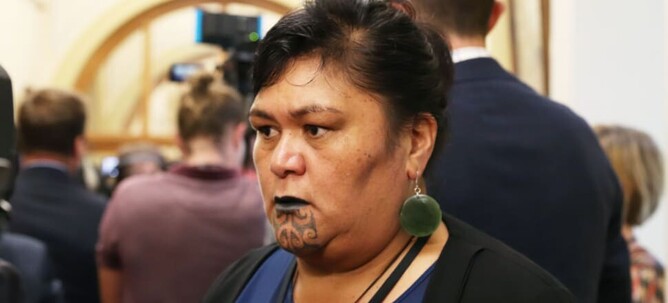It is certainly constitutionally questionable for a te Tiriti perspective.
Crown options for Māori media have a colonial “feel and smell” to them, writes the University of Auckland's Dr Claire Charters
Are the Government’s Options for Māori Media unconstitutional, contrary to Te Tiriti o Waitangi, international Indigenous peoples’ rights and human rights? Does the Government even know?
Hon Nanaia Mahuta’s recent publication of shift options for Māori media, Te Ao Pāpāho Māori: He Ara Hou, has attracted strong criticism from, well, much of Māori media. The focus of that criticism has been on the “news aggregation” option, to create a “single news service within Māori Television Service”, which would function as a “clearing house”.
Prime Minister and Te Puni Kōkiri have described criticism as based on “misunderstanding”, that there is no intention to create a single news room (which seems contrary to the words of the Te Ao Pāpāho). Nonetheless, whatever the exact intention behind the “clearing house” proposal, and the shape and form it might take in practice, there is certainly a clearly-expressed “option” to centralise Māori news within one news station, Māori TV.
A number of the options suggested in Te Ao Pāpāho, including the centralisation of Māori news, are highly problematic constitutionally: inconsistent with limited Crown authority to regulate te Ao Māori in te Tiriti o Waitangi; contrary to good governance under Western political theory and tikanga Māori; and in breach of New Zealand’s international legal obligations under the UN Declaration on the Rights of Indigenous Peoples. Let’s take each in turn.
Link to article: https://www.newsroom.co.nz/ideasroom/1247711/colonial-feel-to-mori-media-plan




